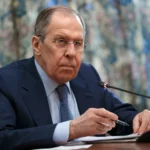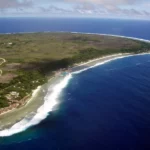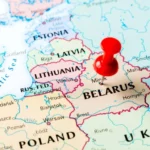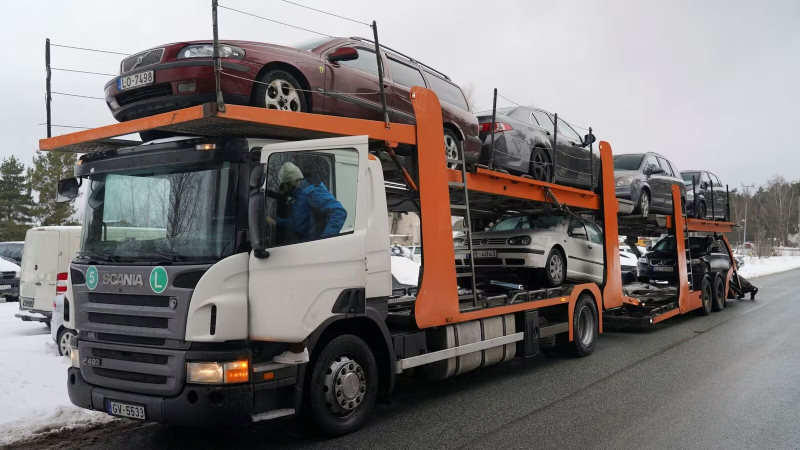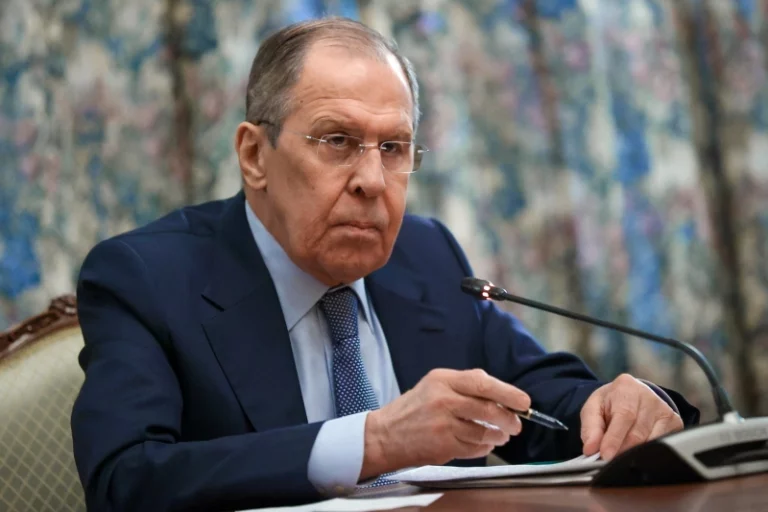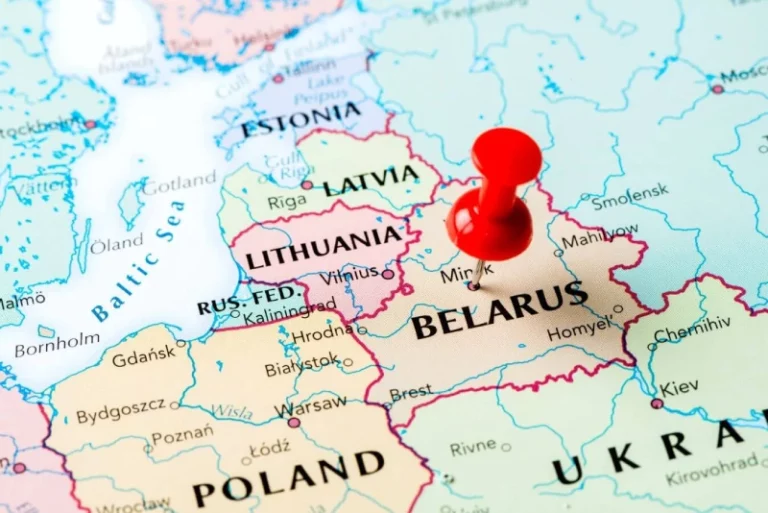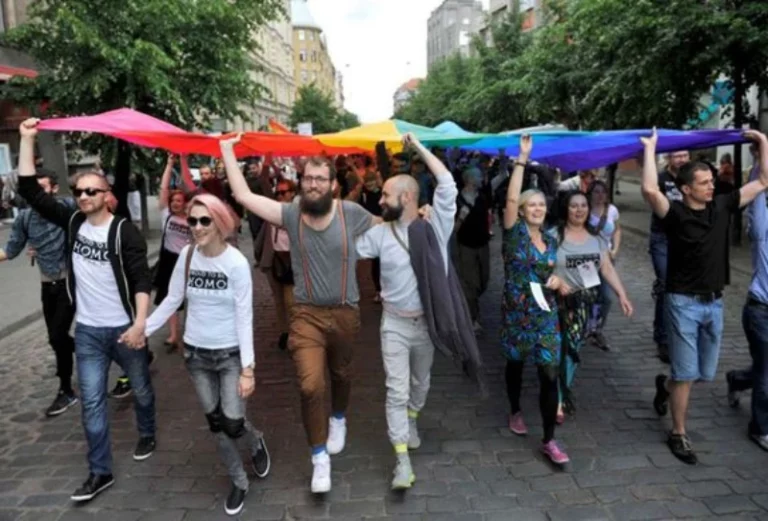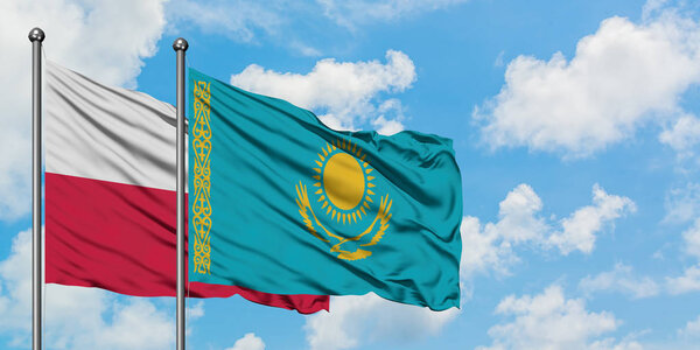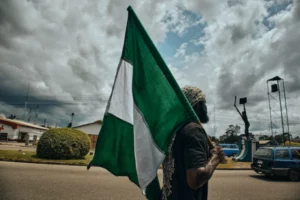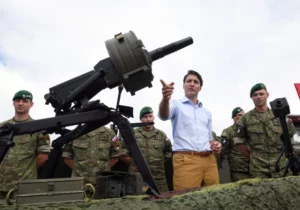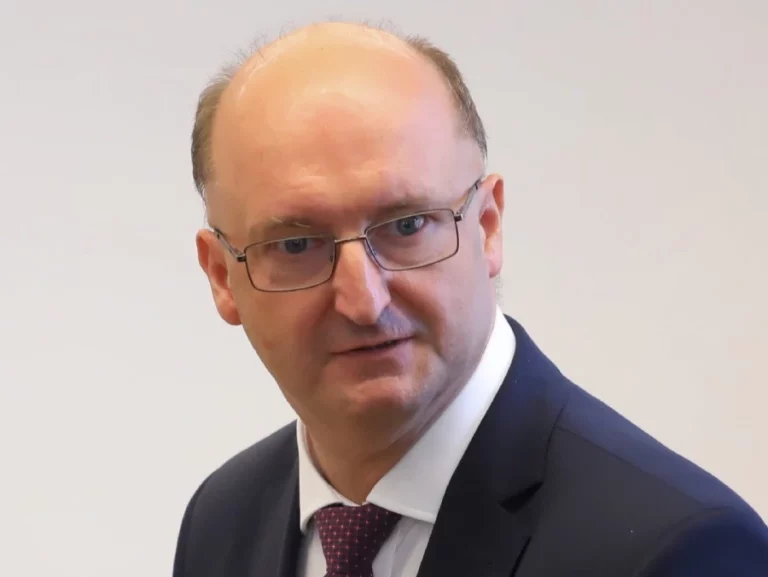Latvia has started sending confiscated cars from drunk drivers to Ukraine as part of an effort to assist the country in its ongoing war effort. The plan, which was approved by the Latvian parliament last month, allows the transfer of state-owned cars to the Ukrainian military and hospitals.
Last year, Latvia passed a law that allows vehicles to be seized and sold by the government if the driver is found to have three times the legal limit of alcohol in their system. This resulted in a surge of vehicle confiscations that filled the state pounds in Latvia in a matter of weeks.
As a result, authorities pledged to hand over two dozen cars a week to Twitter Convoy, a Latvian charity that sends donated vehicles to Ukraine.
The first convoy of eight vehicles, with a combined value of €18,500 (£16,500), left a car pound in Riga and is due to cross the border soon. This is the first batch of cars to be sent under the scheme, and it marks a significant step towards helping Ukraine in its time of need.
The Latvian charity that will be coordinating the effort, Twitter Convoy, has expressed its gratitude for the support.
The charity’s founder, Reinis Poznaks, said,
“No-one expected that people are drunk-driving so many vehicles. They can’t sell them as fast as people are drinking. So that’s why I came with the idea – send them to Ukraine.”
Among worst drinking and driving rates in Europe
Latvia has among the worst rates of drinking and driving in Europe, with an estimated 3,500 cases a year, according to public broadcaster LSM. The move to confiscate vehicles from drunk drivers and sell them off is an attempt to address this issue while also supporting Ukraine. The vehicles will be sent to the Ukrainian military and hospitals, where they will be put to good use.
This initiative comes at a time when Ukraine is in desperate need of support as it continues to face aggression from Russia. The war in Ukraine has been ongoing since 2014, when Russia annexed Crimea and began supporting separatist rebels in eastern Ukraine.
The conflict has claimed more than 13,000 lives, and Ukraine has been struggling to defend itself against Russian aggression. This latest gesture of support from Latvia is a sign of solidarity with Ukraine and a testament to the growing cooperation between the two countries.
Common history and bond
Latvia and Ukraine share a common history and a strong bond. Both countries were part of the Soviet Union until its collapse in 1991, and they have been working together to build a strong relationship ever since. Latvia has been a strong supporter of Ukraine’s bid to join the European Union and NATO, and it has provided significant financial and humanitarian assistance to Ukraine since the start of the conflict.
The decision to send confiscated cars to Ukraine has been met with mixed reactions. While some have praised Latvia for its support of Ukraine, others have criticized the move as being insufficient.
Some have pointed out that Latvia could do more to support Ukraine by providing military aid or increasing economic assistance. However, supporters of the initiative argue that every little bit helps, and that the gesture of support is important in and of itself.
Latvia’s decision to send confiscated cars to Ukraine is a testament to the growing cooperation between the two countries. It is a sign of solidarity with Ukraine and a reflection of Latvia’s commitment to supporting its neighbor in its time of need.
While the move may not solve all of Ukraine’s problems, it is a small but meaningful step towards building a brighter future for the country. As Ukraine continues to face aggression from Russia, it is heartening to see countries like Latvia stepping up to offer their support and solidarity.
